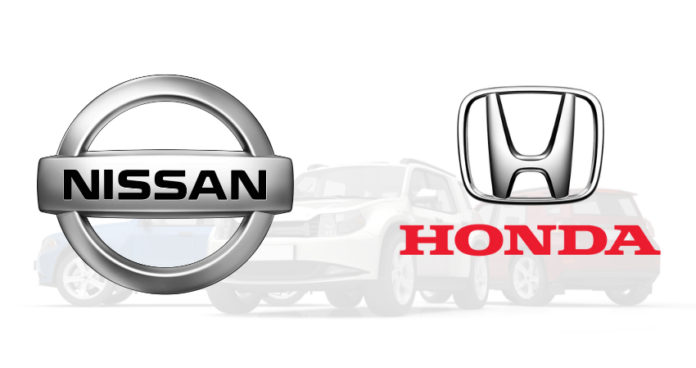Honda and Nissan have confirmed ongoing discussions about a potential merger, a move that could unite two major Japanese automakers facing industry challenges. While details remain sparse, the companies said they are exploring ways to collaborate, without providing a timeline or specifics on the structure of a potential deal. The Nikkei first reported the merger talks.
“As announced in March, Honda and Nissan are exploring various possibilities for future collaboration, leveraging each other’s strengths,” the automakers said in a joint statement. “If there are any updates, we will inform our stakeholders at the appropriate time.”
Both companies confirmed to CNN that Mitsubishi is also involved in preliminary discussions, potentially bringing a third Japanese automaker into the fold. Mitsubishi has yet to comment on the matter.
The talks follow earlier announcements of partnerships between Honda and Nissan. In March, the two automakers said they would cooperate on electric vehicle (EV) development, and in August, they agreed to collaborate on battery technology. However, deepening their partnership may be necessary as both companies face mounting hurdles.
Honda and Nissan have struggled in China, the world’s largest car market, as Chinese automakers gain dominance. Once a stronghold for foreign brands, Chinese consumers now favor domestic automakers like BYD, which offer advanced technology at lower prices. Government incentives for EVs and plug-in hybrids have further boosted local brands over international competitors.
Despite their early foray into EV technology, Nissan, a pioneer with its Leaf model, and Honda have been outpaced by Chinese automakers in innovation and affordability.
Nissan has also grappled with fallout from the 2018 arrest of its former CEO Carlos Ghosn on charges of financial misconduct. Ghosn’s subsequent escape to Lebanon strained Nissan’s alliance with Renault and Mitsubishi, leading to Renault reducing its ownership stake in Nissan. Between March and September 2024, Nissan reported a 90% decline in operating income compared to the previous year.
Honda, despite being five times the size of Nissan, is also navigating challenges. The company has pledged to sell only zero-emission vehicles in major markets by 2040. However, this transition has been sluggish due to low gas prices, insufficient EV infrastructure, and heightened competition in the United States and Europe.
The potential merger comes at a time when automakers are facing significant technological and market transformations. By pooling resources, Honda, Nissan, and possibly Mitsubishi aim to strengthen their positions in the competitive EV market and navigate global economic uncertainties. However, questions remain about how such a partnership would impact the industry and whether it could help the companies regain lost ground in key markets.




